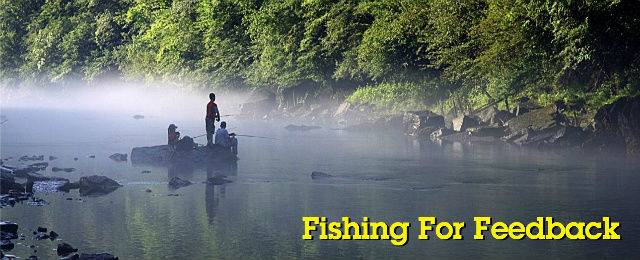Sen. Cotton Hears About The ‘F’ Word From Tourism Officials
by February 20, 2015 12:37 pm 126 views

Sen. Tom Cotton, R-Ark., joined a tourism and travel roundtable on Friday to learn about problems facing public and private officials in one of Arkansas’ largest – and growing – industries.
A group of nearly two dozen representatives met with Cotton at the Little Rock Marriott Hotel to air grievances related to federal government regulations and policies.
“The ‘F’ word is ‘Feds’,” said Joe David Rice, State Tourism Director. He explained to Cotton that federal representatives have been restrictive in helping develop hiking trails in national forests, funding fish hatcheries in north Arkansas, and investing in federal parks across the state led by the Corps of Engineers.
The end results are diminished tourism opportunities for those wanting to camp, fish, and participate in other outdoor excursions in the Natural State.
Bill Barnes, owner of Mountain Harbor Resort near Hot Springs, said local federal officials “absolutely are sympathetic” but their hands are tied with decisions up the chain of command.
“Washington is dictating broad-brush policies that don’t work here,” Barnes said. “All local reactions have been taken away.”
A big issue raised by travel and hospitality officials centered on federal government per diem reimbursement rates.
In central Arkansas, for example, federal government travelers can only be reimbursed about $90 a night for a hotel room, while other regions of the country have higher reimbursement rates. Those numbers have been frozen for years, according to tourism leaders.
The net result is that if a city like Little Rock is recruiting a convention to central Arkansas and hotels charge more than $90 per night, federal travelers can’t be reimbursed for the additional expenses. A city like Las Vegas or Orlando, with a higher per diem reimbursement rate, will have an advantage over Little Rock for the convention business.
Cotton said this type of federal policy is an issue he planned to look further into.
“We’re going to try to address that in the budget process to try to give more direct guidance to some of the agencies in Washington,” Cotton said.
When asked if giving guidance would involve holding up budgets to make a point, Cotton said he’d prefer the message be made early in the process.
“What we’d rather do is to be able to draft those budgets from the early stages in a way that reflects our priorities and spends taxpayer dollars or doesn’t spend taxpayers dollars the way that reflects what the industry needs are in Arkansas,” he said.
Cotton also said he wasn’t opposed to pushing for more investment in Arkansas’ federal natural resources.
“If it’s necessary to spend more money, especially in the upkeep of our federal properties – the national forests, the national parks – its a core constitutional responsibility,” he said. “We hold that land in trust here, and therefore, the rest of the country needs to help Arkansas with our federal land, just like we should be willing to help Wyoming with Yellowstone National Park because that’s federal land and it’s held in trust for all Americans and that is a core constitutional responsibility.”
INSIDE THE NUMBERS
Tourism has been on the rise for more than a decade in Arkansas. Officials note it is one of the largest individual industry sectors in the state.
Arkansas’ tourism sector (leisure & hospitality) employed 113,900 during December, up from 110,400 during November, and above the 106,900 during December 2013. The December number, if it stands, marks a new record for employment in the sector. Employment in the sector is up 23% in the past 10 years.
Another gauge of industry health – tourism tax collections – remain on the rise. Arkansas’ 2% tourism tax needed only 11 of the 12 months of 2014 to set a new annual record.
Collections of Arkansas’ 2% tourism tax during the first 11 months of 2014 totaled $12.866 million, up 7.51% compared to the $11.967 million during the same period of 2013.
The 2% tourism tax set a record in 2013 with $12.716 million, and the 2014 numbers are on track to reach more than $13.5 million in 2014.
“What we need to do in Washington is set more policies that going to create more jobs in your industry,” Cotton told the panel.
